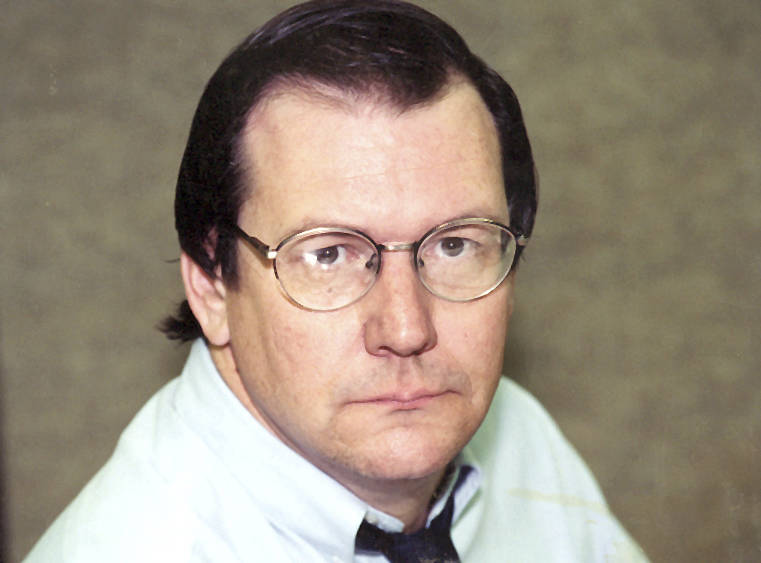Fighting the last war
The public tends to move on to other things after an election, but political players never stop. The presidential race in 2016 has been an exception, obviously. We’ve had people still marching in the streets against Donald Trump, and Democrats making the most of it.
Democratic Party officials have similarly not missed a beat when it comes to starting up the 2018 campaign. U.S. Sen. Dean Heller is the topic of a large amount of my mail. A few days ago one sample came in. A talk show host named Heidi Harris had said on television, “For example, with our Sen. Dean Heller here in Nevada. He was a Never Trumper, and they are going to make him pay. My listeners are going to make him pay next time he comes up for office.” The next morning Nevada Democratic Party publicist Stewart Boss sent that quote out to the state’s newspeople.
I wanted to see what the context of the quote was, so I watched more of it. Here’s more of what Harris said:
“I would disagree with you about one thing and the fact is that, for example, with our Sen. Dean Heller here in Nevada. He was a Never Trumper, and they are going to make him pay. My listeners are going to make him pay next time he comes up for office. So here’s the issue. The people who love Donald Trump don’t really care about what other Republicans think of him. And it’s very different, Julian, than it’s been in the past, and you know that and I know that. Very, very different situation. There are Republicans who are going to be worried about going along with the Trump phenomenon or Trump decision, obviously when they’re up for re-election. We know that. They’re going to be a little bit scared. But I’m telling you that the voters who love Trump – I know it’s not everybody, of course not – but the voters who love Trump don’t care. And they consider these people part of the party establishment. They’re angry at them. They want them out.”
Heller has run in nine elections and six primaries and has yet to sustain a loss. Granted, there is no one better with advice on how to run for office than someone who has never run for office, but Heller’s is a formidable record and the notion that Nevada Republicans in the primary or Nevadans in the general election are going to vote for U.S. senator not on the issues of wages, security, health care, energy or the economy but on whether a candidate was supportive enough of Donald Trump strains credibility – particularly given the face that Heller next faces the voters in a year when Trump himself is not on the ballot.
Campaigns are when people vote their emotions – distress, unhappiness, anger – or (less often) happiness and contentment. But when the election is over, they expect elected officials to go to work and govern. Officials, particularly Republicans who have the congressional majorities, who are now refighting the 2016 campaign are risking alienating voters. Heidi Harris is the only person I hear suggesting that the 2018 election will be about loyalty to Trump. That’s the last war. The fact is that Trump now needs senators more than senators need Trump if he is to have a record to run on in 2020.
It’s rare when midterm elections are about presidents. It happened in 1966, when President Johnson trying to make war on both poverty and Vietnam resulted in major Republican gains. It happened in 1982, when President Reagan’s handlers used their advertising skills to make “staying the course” with Reagan the issue. But those were unusual. Both Johnson and Reagan were indelibly identified with the issues. Trump is not. There are still voters who have little idea of where he stands on, say, energy. And some of the things they DO know about him – his early campaign talk of helping low-income wage earners, for instance – have not panned out when it comes to setting actual policy or seeking legislation.
Heller has plenty of political problems, but at the moment his big problem is the Democrats. Harris’ listeners may or may not be unhappy with Heller today but they may also be unhappy with Trump in two years. Or the two men may be campaigning in Nevada together, having learned they need each other. It’s the 2018 war both will have to fight, not the 2016 war.
Dennis Myers is an award-winning journalist who has reported on Nevada’s capital, government and politics for several decades. He has also served as Nevada’s chief deputy secretary of state.















